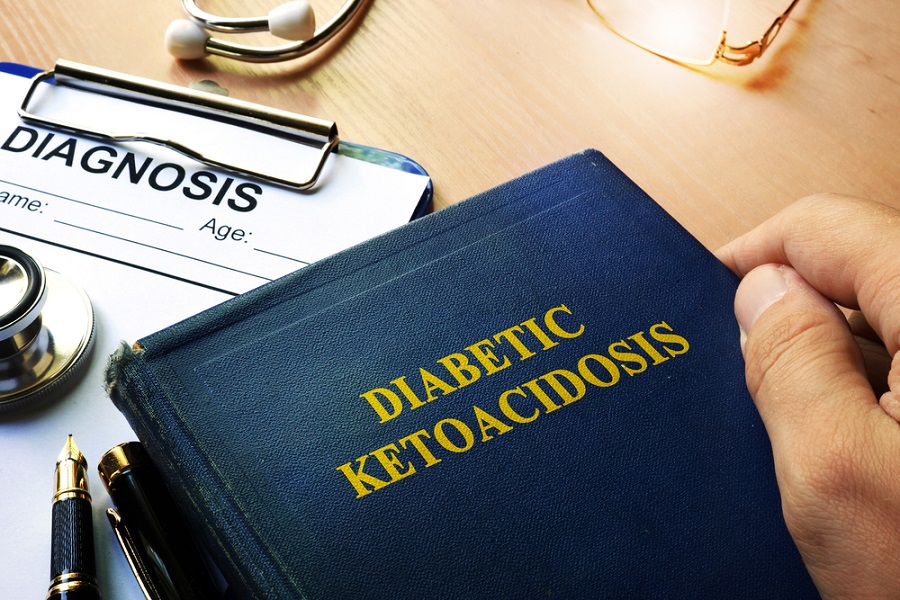Understand what the Keto diet is to decide if it’s for you
Once every few years we see an explosion of new diet trends. Some years ago the South Beach and Atkins diets made popular the idea of cutting down on carbohydrates and processed sugars in order to live a healthier lifestyle.

If you have been paying attention to the news over the last couple of years, you may have heard about a popular new diet called the Ketogenic or Keto diet. This diet is, in many ways, similar to Atkins and other low carbohydrate diets, but there are some differences.
Here are the basic principles and practices of the keto diet as well as some potential benefits and pitfalls.
What is the Keto Diet?
The Ketogenic diet is a dietetic system that seeks to replace carbs with fats. While other low carb diets allow for some carbs and grains, the Keto diet allows for virtually none. The goal of the Keto diet is induce a metabolic state called Ketosis, in which the body becomes very efficient at processing fat, which can lead to weight loss.

While in this state of ketosis the body also turns fat into something called Ketones, which are said to provide mental energy, as well as lowering insulin levels and blood sugar. The standard Keto diet is said to consist of a ratio of 75% fat, 20% protein and 5% carbs, though certain variations allow for a slightly higher carb content to aid in exercise.
Keto Diet Benefits
The primary benefit of the Keto diet is weight loss. Once the body begins burning fat as its primary source of energy it begins to use excess body fat. With this weight loss comes a reduced risk of diabetes, heart attack, stroke, and joint problems.
In some cases, people suffering from type two diabetes have actually been able to use the Keto diet to lessen or eliminate the need for diabetes related medication. Though it highly recommend that people with any form of diabetes not follow this diet without consulting with their doctor or dietician. .
Potential Dangers

While the Keto diet has some obvious upsides, there are risks associated with ingesting and burning so much fat. Ketoacidosis, a condition in which a high concentration of ketones causes the blood to become acidic, is a rare but serious possible side effect.
Some health professionals have also suggested that the diet is too restrictive to follow long term and that people who have lost weight on this diet must reintroduce a healthy amount of nutritious carbohydrates and vegetables into their diet to avoid regaining weight.
The Keto diet has become hugely popular over the last couple of years. It has the potential to help lower body weight and blood sugar. It is, of course, always best to consult with a doctor before beginning any serious dietary regimen. It would seem that weather or not the Keto diet is right for you may depend on a number of factors like age and the likelihood of other health risks. I hope this guide to the keto diet has proven helpful.

